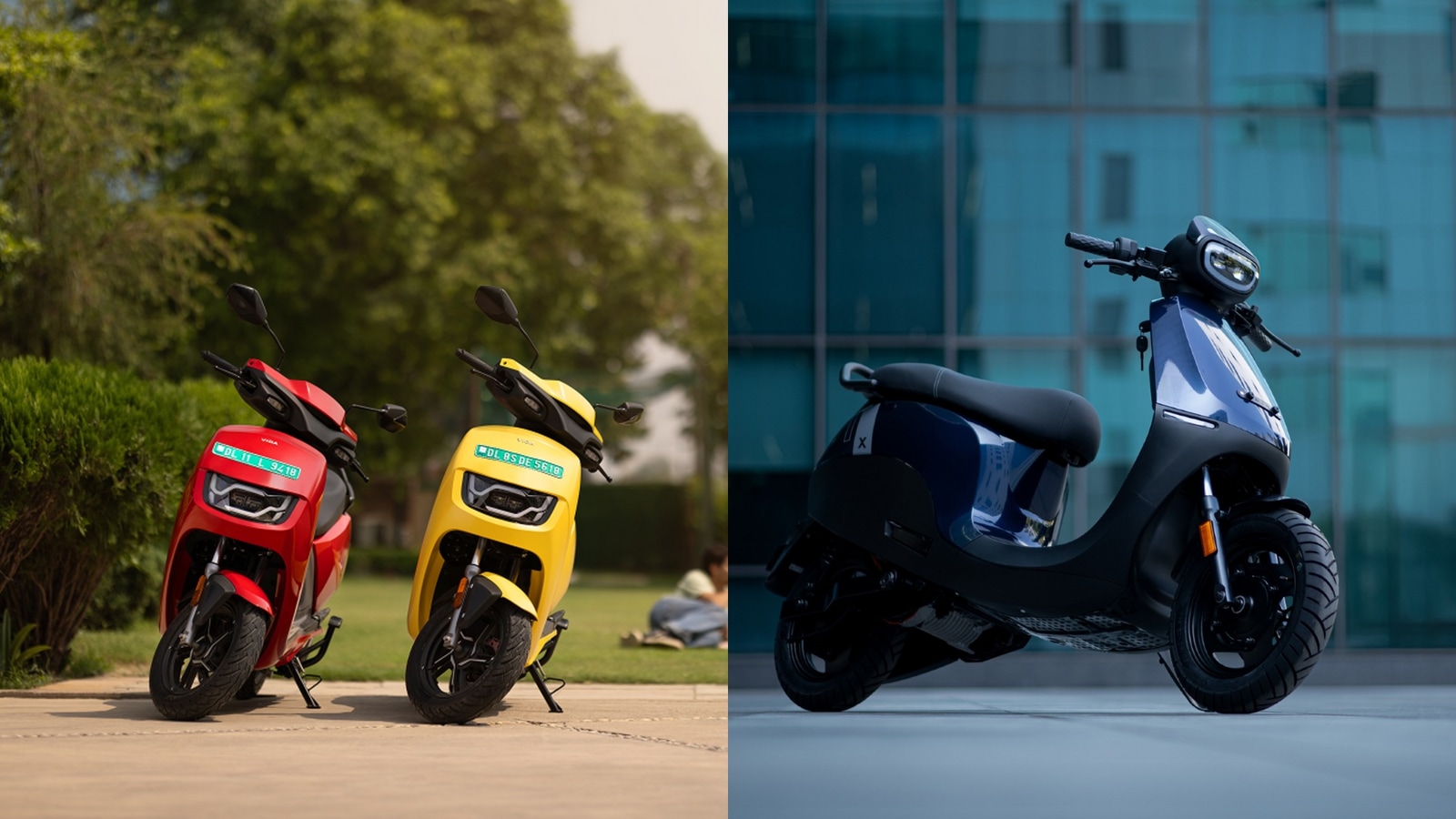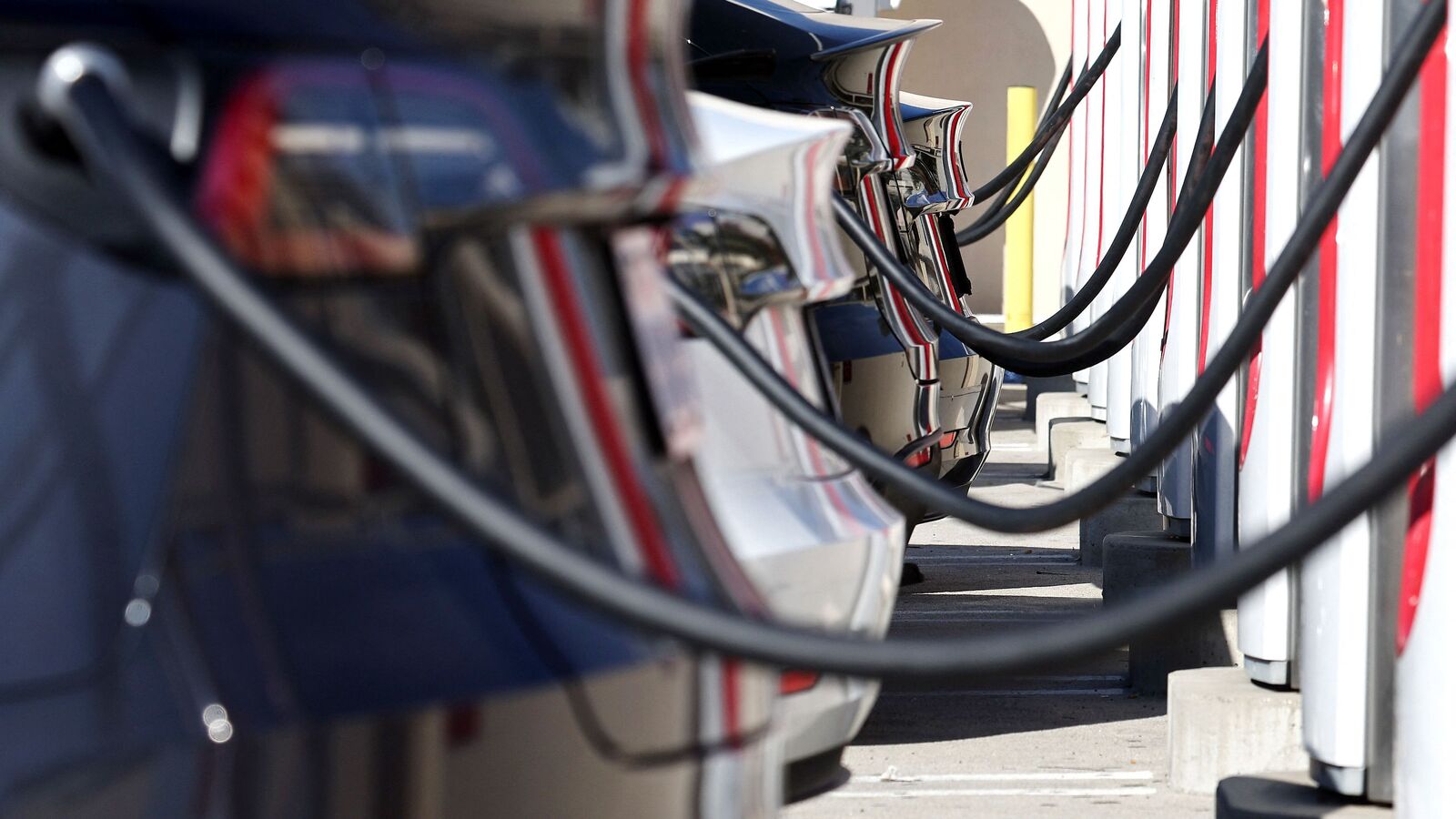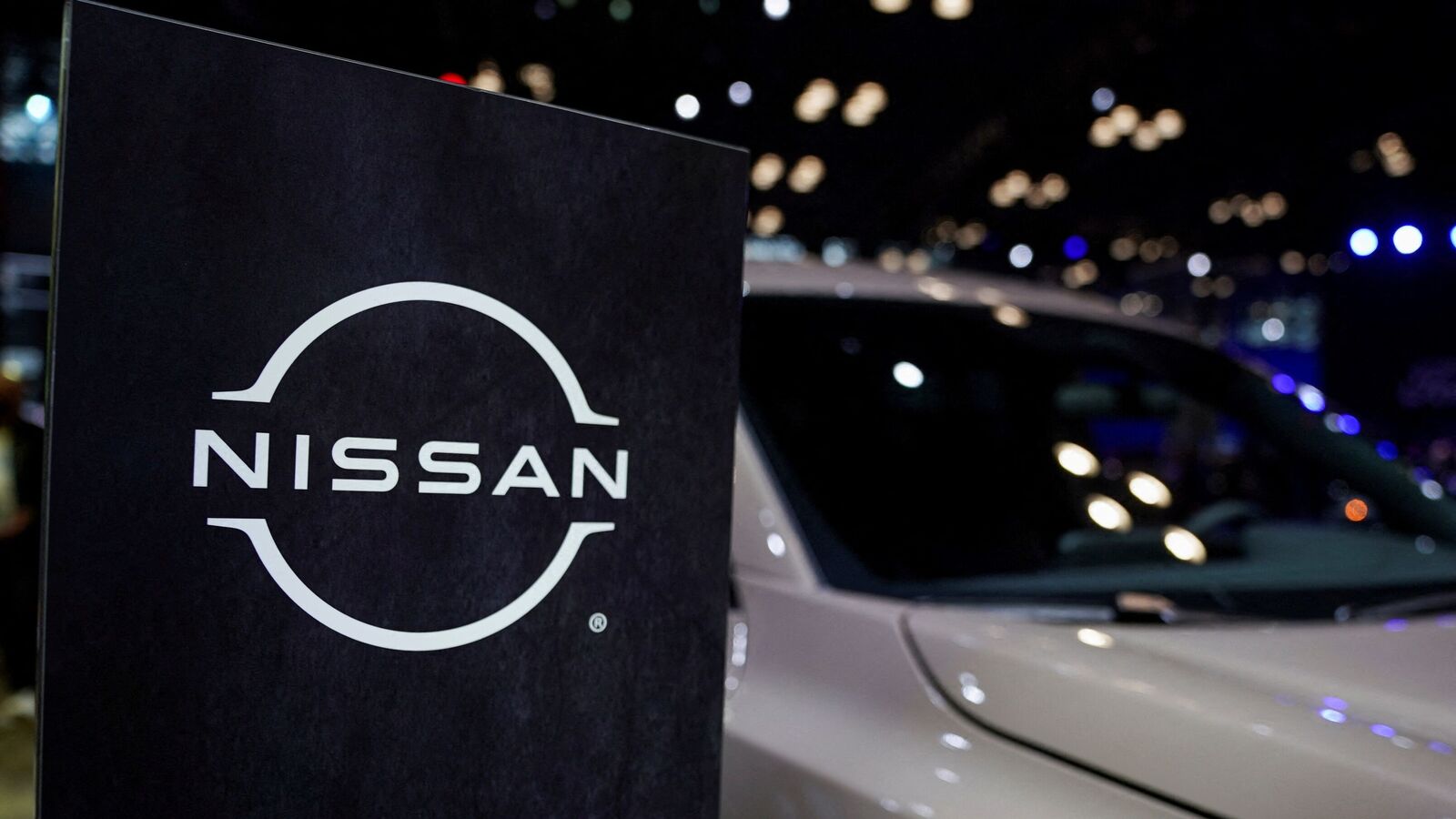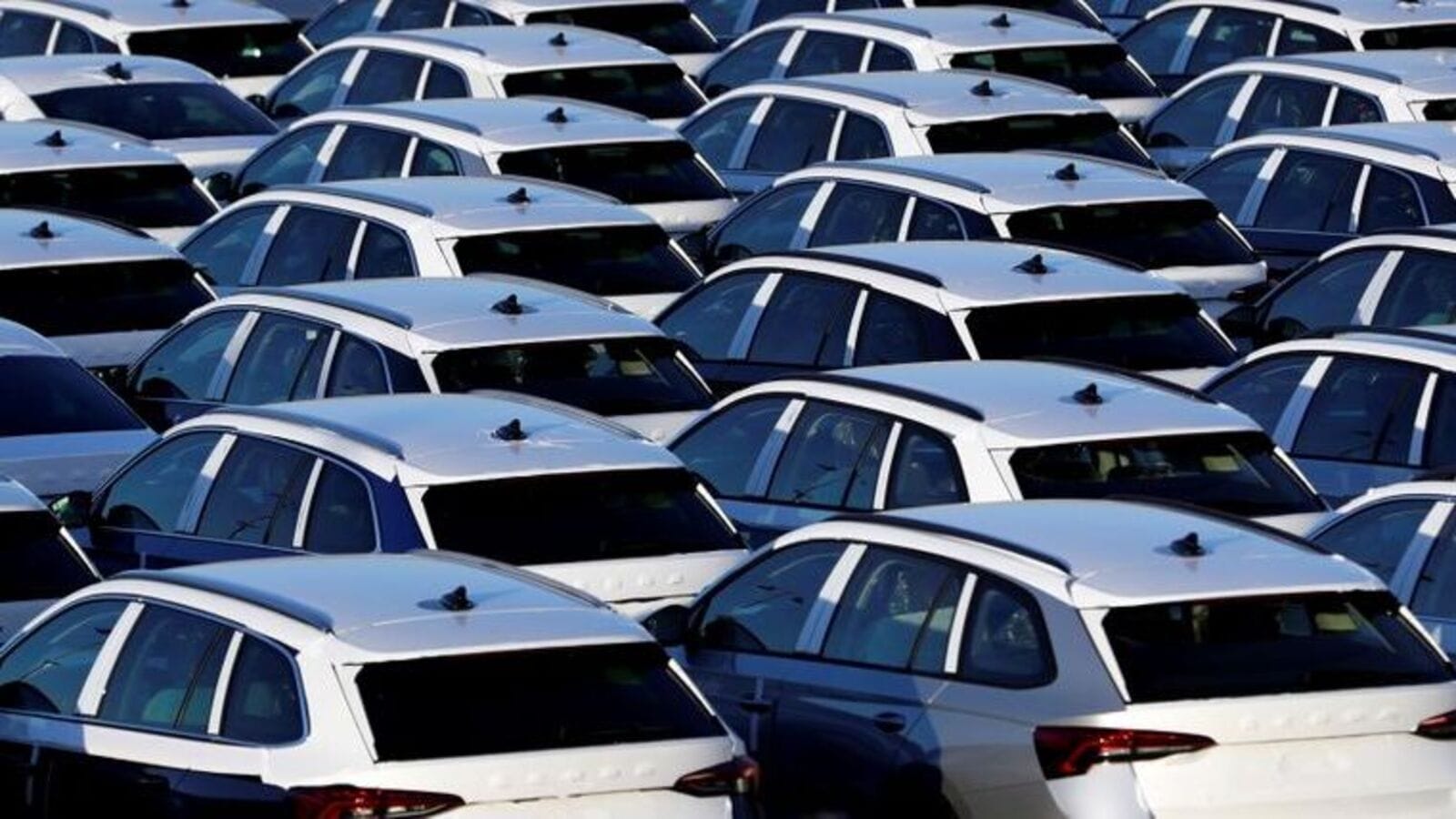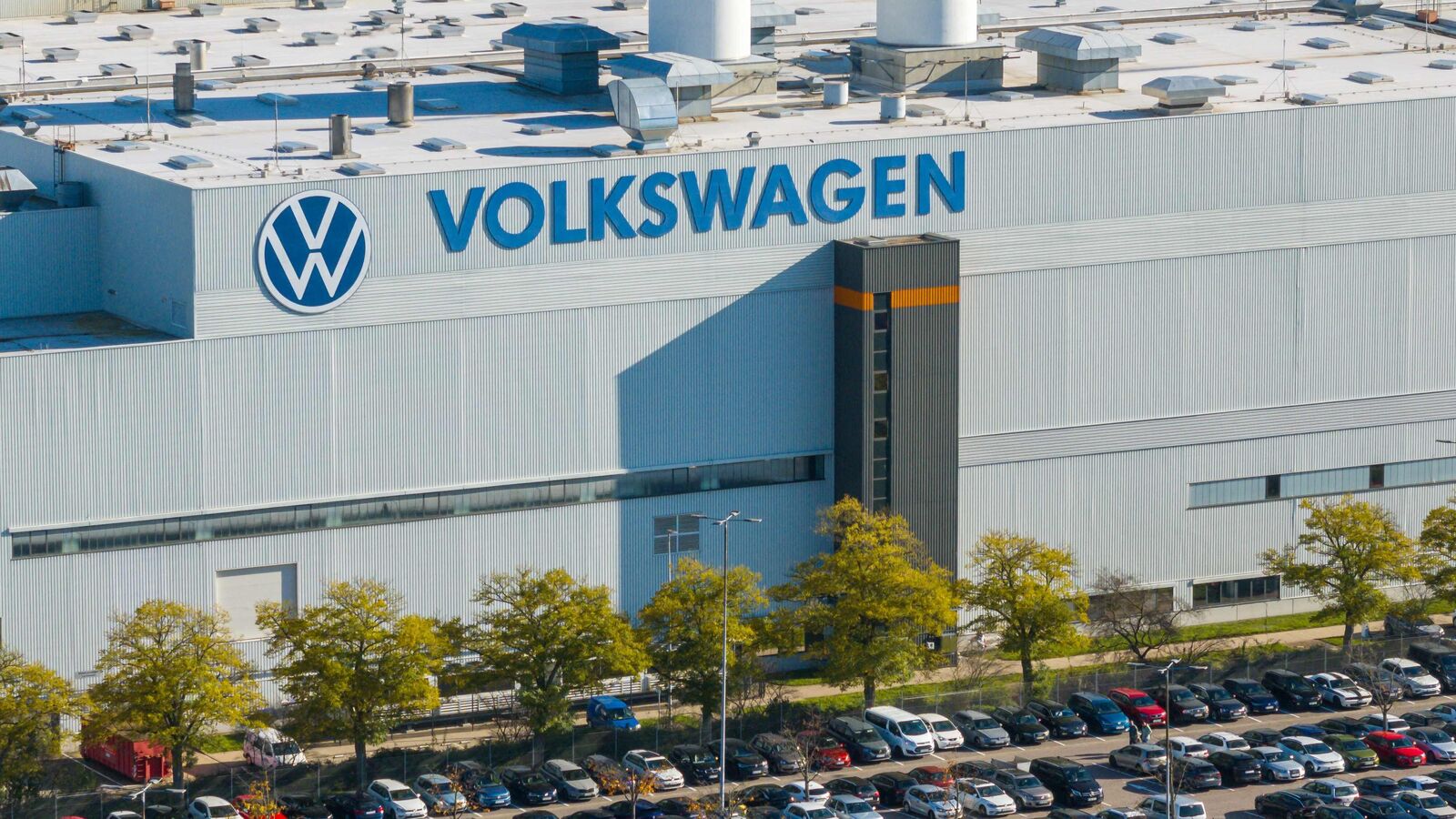Europe's biggest carmaker has been in talks with unions for weeks over a plan to revamp its business and cut costs, including considering closing a plant on home soil for the first time, the first in Germany. A major blow to industrial power.
Volkswagen reiterated on Monday that restructuring is needed and said it would make concrete proposals on Wednesday.
“Management is absolutely serious about all this,” Daniela Cavallo, the head of Volkswagen's works council, told workers at the carmaker's biggest plant in Wolfsburg, threatening to break off negotiations. Is.”
Also read: Ford cuts 2024 earnings and profit guidance due to slow pace of warranty costs and cost cuts
“This is the plan of Germany's largest industrial group to start selling in its home country of Germany,” Cavallo said, without specifying which plants would be affected or how many of Volkswagen Group's approximately 300,000 employees in Germany would be furloughed. can be removed.
Cavallo's comments reflect a major escalation of conflict between Volkswagen workers and management, as the company faces serious challenges from higher energy and labor costs, tough Asian competition, weak demand in Europe and China and a slower-than-expected electric transition. Facing pressure.
He put further pressure on the German government to act to revive the economy, which looks set to contract for a second consecutive year, with Chancellor Olaf Scholz's coalition searching for ways to speed up growth. Scholz is trailing in the polls ahead of next year's federal elections.
Cavallo said Volkswagen also planned to cut salaries at the brand by at least 10% and freeze salaries in both 2025 and 2026.
Thousands of people gathered in Wolfsburg, where the company has been headquartered for nearly nine decades. Blowing horns and whistles, the workers insisted that not a single plant should be closed.
Also read: Mexico warns US ban on Chinese car technology could hurt automotive industry
Volkswagen said in a statement it would make proposals to cut labor costs on Wednesday, when employees and management meet for a second round of wage talks and the carmaker releases third-quarter results.
Volkswagen Group board member Gunnar Kilian said, “The situation is serious and the responsibility of the negotiating partners is enormous… Without comprehensive measures to regain competitiveness, we will not be able to make the necessary investments in the future.”
Thomas Schaefer, head of the Volkswagen brand division, said German factories were not productive enough and were operating 25–50% above target costs, meaning some sites were twice as expensive as the competition.
Volkswagen shares fell more than 1% after the announcement. Shares of peer Mercedes-Benz also fell. VW shares have lost 44% of their value over the past five years, compared with a 12% decline for Renault and a 22% gain for Stellantis.
“The plans are far ahead of market expectations,” said Daniel Schwarz, an analyst at Stifel. “I believe this reflects a unique combination of adverse factors: competition in China, softening demand in Europe, particularly BEVs (battery powered electric vehicles), tighter regulation.”
The unions hold great sway at VW, where worker representatives hold half the seats on the supervisory board and, in theory, are legally entitled to strike from December 1 as a tool to further escalate the conflict.
Volkswagen's position reflects a broader trend in the world's third-largest economy, which is seeing its dominance challenged by more nimble and cheaper rivals in key sectors including the auto industry, its industrial backbone.
“If VW confirms its dystopian path on Wednesday, the board should expect the same outcome from our side,” said Thorsten Gröger, negotiator for the IG Metall union, warning of fierce resistance.
Schwarz said a strike, which had been threatened in early December, now became possible.
Cavallo said Berlin urgently needed to come up with a masterplan for German industry to ensure it does not “go down the drain”.
Also read: Mercedes-Benz's quarterly profit fell by more than 50 percent amid Chinese market troubles.
A government spokesman said Berlin was aware of Volkswagen's difficulties and remained in close dialogue with the company and labor representatives.
“The Chancellor's position on this is clear, namely that potentially bad management decisions of the past should not be to the detriment of staff. The aim now is to retain and protect jobs,” the spokesman said at a regular briefing.
Scholz and his Finance Minister Christian Lindner are both hosting separate business summits on Tuesday, while Economy Minister Robert Habeck last week laid out a major plan to stimulate investment.
Industry data suggests there will be no recovery for automakers, said Moritz Kronenberger, a portfolio manager at Union Investment, which owns shares in Volkswagen.
“Significant cost-cutting measures must therefore be taken immediately, before the ongoing underutilization of the plants leads to negative cash flows.”
Suggested Watch: What makes the Volkswagen Virtus so popular in India?
It's even more bad news for German carmakers from last week, with Mercedes-Benz and Porsche both vowing to take cost-cutting measures after falling profits in the weak Chinese market.
German carmakers are also fearful of being caught in the crossfire of a trade war between the EU and China, with steep EU tariffs on Chinese electric vehicles set to take effect this week.
“I believe that anyone who has not yet understood what it is all about should wake up now,” said Stefan Erhard, an employee at another Volkswagen plant near the German city of Kassel.
“It's really about all our livelihoods, suppliers for the future. It's about every little baker in this place. “I have to say, I'm really a little scared.”
Get information about upcoming cars in India, electric vehicles, upcoming bikes in India and cutting-edge technology that is changing the automotive landscape.
First publication date: 29 October 2024, 09:04 am IST



